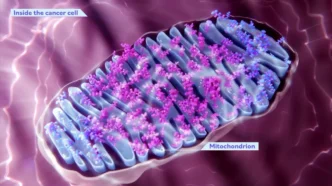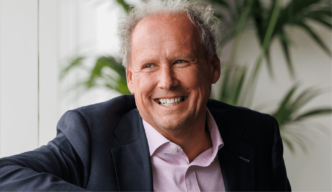Alpheus Medical has secured $52 million in funding to move its breakthrough brain tumor therapy into a larger clinical trial. The company’s non-invasive approach uses ultrasound and a special drug to target glioblastoma, a highly aggressive form of brain cancer.
This new funding round will support a randomized phase 2b trial in patients with newly diagnosed glioblastoma. The goal is to provide strong clinical evidence that the therapy can improve survival without harming healthy brain tissue.
The treatment begins with patients taking an oral drug called 5-ALA. This compound is already FDA-approved and used in surgery to help brain tumors stand out from normal tissue. But Alpheus uses it differently. Instead of surgery, it applies low-intensity ultrasound to activate the drug inside the tumor. This causes the tumor cells to release toxic oxygen molecules, leading to cancer cell death. No surgery or sedation is needed.
Vijay Agarwal, CEO of Alpheus, said this round marks a turning point for the company and the glioblastoma community. The new trial could help redefine the standard of care for brain tumor patients.
The Series B round was led by HealthQuest Capital and Samsara BioCapital. Existing backers like OrbiMed and Action Potential Venture Capital also joined. New investors include BrightEdge (American Cancer Society), the Brain Tumor Investment Fund, and the Sontag Innovation Fund.
Conrad Wang, a partner at HealthQuest Capital, called the therapy a “whole-brain solution” and praised its early data. He pointed out that the complex structure of glioblastomas has made treatment extremely difficult. Alpheus may be the company that changes that.
In early 2025, the Journal of Neuro-Oncology published a small study from Alpheus involving three patients with inoperable tumors. They received a single dose of the therapy. Scans later confirmed tumor damage without harming healthy tissue.
Alpheus also shared results from a first-in-human trial completed in late 2024. Patients in that study lived a median of 15.7 months, nearly doubling the historical average of 6 to 8 months. They also stayed cancer-free longer—about 5.5 months compared to the typical 1.8 months.
Now, with fresh capital and early success, Alpheus is ready to scale. Its next trial could bring this novel brain tumor therapy one step closer to becoming a new standard in cancer care.













